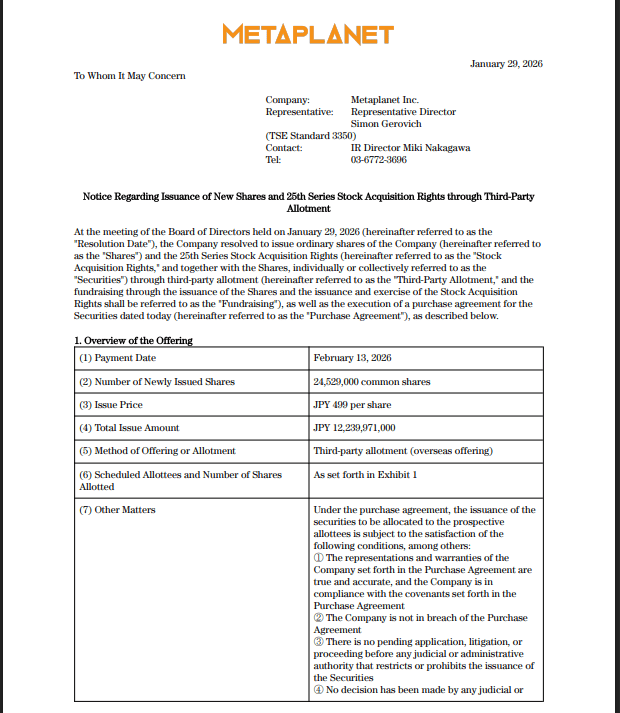
Only crypto leaders hold the knowledge and enthusiasm to help guide responsible regulations that don’t throttle crypto.
The world is interested in crypto. In the United States and European Union, individual investors have shown they are intrigued by its possibilities, while emerging economies are leveraging it to expand access to financial services. This, of course, is attracting the focus of legislators who want to both tap into crypto’s potential and ensure investors and consumers are well-protected. But with crypto’s international footprint, new and dynamic technologies, and built-in anonymity, it’s a challenge to protect users’ privacy and police unlawful activity.
It’s likely impossible for regulators to walk the fine line between encouraging innovation and protecting consumers without developing adaptable, deliberate and internationally coordinated regulatory measures — and for that, they need the help of crypto leaders. It’s an effort well worth those leaders’ time if they wish to enhance industry credibility, attract new users and avoid complex (even punitive) legislation that could hinder innovation. Below, 12 members of Cointelegraph Innovation Circle offer practical tips for crypto leaders on working individually and as an industry with regulators for the benefit of both sides — and the future.
Focus on use cases without specific binary regulatory requirements
The involvement of leaders who are tech-savvy and understand how regulatory systems apply is important. Financial systems and technology were very different when regulations were first developed. Consumer protection and market integrity are still the primary objectives, but the means to achieve them have changed. Leaders can add value by working with regulators to focus on use cases without specific binary regulatory requirements. – Tammy Paola, Zerocap
Prioritize transparency and education
Engage proactively with regulators, prioritizing transparency and education. Understand their concerns and position your dialogue as a partnership. Demonstrating a commitment to ethical practices and consumer protection can foster mutual trust and clearer regulatory pathways. – Tomer Warschauer Nuni, Kryptomon
Recognize that regulation can be an ally
Crypto leaders should recognize that regulation can be an ally. Crypto’s “Wild West” nature invites scammers like FTX and Terra, so embracing regulation with thoughtful collaboration helps the ecosystem as a whole, allowing the crypto industry to become more secure and credible while protecting investors. Leaders should encourage transparency and responsible practices, and work with regulators to build trust in the industry. – Ayelet Noff, SlicedBrand
Document everything regulators tell you
Engage with your regulators, but document everything that they have told you, especially promises or implied support. Know everything there is about applicable laws in your country, and try to stay clear of flagrant violations of those laws. Always know when they are trying to pitch a novel argument to the courts, and know how to defend yourself. – Zain Jaffer, Zain Ventures
Help assuage regulators’ concerns
Approach the conversation from the perspective of assuaging regulators’ concerns. Often when seeking to craft legislation, regulators approach the industry and are met with distrust or even hostility. Businesses should focus on educating and informing governments about the priorities of the industry and how they can get there while not risking contagion to other parts of the financial system. – Jason Fernandes, AdLunam Inc.
Listen closely to regulators’ input
In the world of music, crypto is avant-garde jazz, while regulators are more attuned to classical notes. To make harmonious music, listen closely, blend your innovative riffs with their timeless chords, and compose a symphony of progress together. It’s not about overpowering, but about creating a new genre that resonates with all. – Arvin Khamseh, SOLDOUT NFTs
Help shape regulations that benefit both sides
Let’s keep in mind that many regulators are in the process of grasping and understanding the Web3 industry. Hence, every Web3 company should contribute to shaping regulations that benefit both sides. The most effective approach involves showing a readiness to cooperate, tackle concerns and educate regulators, fostering the most favorable outcomes possible. – Sheraz Ahmed, STORM Partners
Consider how similar companies in the industry can work together
Build upon the premise that we will get farther together. Even companies working on the same or similar products should consider how they can work together to achieve goals beyond their individual growth. The industry is still in its infancy, and we will find mainstream adoption and tremendous success together, especially when working with regulators. – Megan Nyvold, BingX
Be cautious, compliant and patient
Regulators aim to make things the best they can for all parties involved, but sometimes that process takes time. This is why it’s always a good idea to be cautious and compliant while also being hyper aware that things may not work out at first. Documenting everything and helping to find solutions is recommended, as this space is a work in progress for everyone — but the end goal is the same. – Ilias Salvatore, Flooz XYZ
Offer direct and clear assistance toward shared goals
As a cousin of trust, transparency should be top of mind for companies seeking to collaborate and build strong foundations with regulators across any jurisdiction. These officials are in place to protect the safety and security of participants in their region. By offering direct and clear assistance toward that goal, crypto leaders can make sure understanding is sustained through mutual respect. – Oleksandr Lutskevych, CEX.IO
Address myths and false information about crypto
My advice for crypto leaders is that they try to deal with the myths and false information that has been revolving around crypto as an ecosystem. Many of these myths can be addressed through accurate data. For example, the drawbacks of proof-of-work are used to malign the image of the entire world of cryptocurrencies. Another example is working against the image of crypto being used to avoid taxation. – Abhishek Singh, Acknoledger
Proactively undergo third-party audits and certifications
Leverage third-party audits and certifications to show compliance and security. Regulators may not be blockchain experts, but they understand audits. Proactively undergoing these evaluations can make a compelling case for your project’s legitimacy, potentially speeding up regulatory approvals and fostering a cooperative relationship with authorities. – Tiago Serôdio, Partisia Blockchain
This article was published through Cointelegraph Innovation Circle, a vetted organization of senior executives and experts in the blockchain technology industry who are building the future through the power of connections, collaboration and thought leadership. Opinions expressed do not necessarily reflect those of Cointelegraph.

You can get bonuses upto $100 FREE BONUS when you:
💰 Install these recommended apps:
💲 SocialGood - 100% Crypto Back on Everyday Shopping
💲 xPortal - The DeFi For The Next Billion
💲 CryptoTab Browser - Lightweight, fast, and ready to mine!
💰 Register on these recommended exchanges:
🟡 Binance🟡 Bitfinex🟡 Bitmart🟡 Bittrex🟡 Bitget
🟡 CoinEx🟡 Crypto.com🟡 Gate.io🟡 Huobi🟡 Kucoin.




















Comments